In ethnic minority and mountainous areas, in addition to difficult economic conditions, people's knowledge of food use and nutritional practices is still limited. Therefore, changing awareness and approaches to agricultural development as well as poverty reduction is the goal that all levels and sectors are researching and implementing.
In recent years, with the investment resources of the State, ethnic minority and mountainous areas have made remarkable progress in all fields. In particular, in the past 10 years, implementing Decree 05/ND-CP on ethnic affairs, policies on infrastructure investment, support for production development, and transfer of science and technology have been implemented synchronously in ethnic minority and mountainous areas, thereby, the average income per capita in this area continues to increase.
|
Thanks to that, currently in ethnic minority and mountainous areas, there is no longer a situation of chronic hunger, no more broken meals. From the resources of investment programs, projects, and support from the State, together with the potential for agricultural production development, the supply of food has been basically guaranteed.
However, ensuring nutrition for mothers and children in ethnic minority and mountainous areas is still a big challenge. A large number of ethnic minority children do not have guaranteed nutrition in their daily meals.
A survey by the Social Policy Ecology Research Institute (SPERI) on the promotion and interdisciplinary approach towards nutritional agriculture in the ethnic minority areas of Dak Nen commune, Kon Plong district shows that: Currently, due to the seasonality, there are still times when people sometimes lack food; the distance and time to find food are getting farther and longer; there is no reserve of seeds from the forest; the risk of biodiversity loss is high. In addition, the rate of malnutrition due to lack of knowledge about nutrition and health is still quite common.
According to Ms. Dang To Kien - SPERI Institute expert, although there are still difficulties in accessing food and practicing nutrition in ethnic minority areas such as Dak Nen commune, according to the survey, food sources from the forest are still very abundant; some forest products have economic, nutritional and medicinal value; forest products and local dishes can attract tourists. This is also a condition for research to help people access and develop nutritional agriculture in the area.
|
“In order for people to have practical knowledge of nutrition, recently, SPERI Institute has guided and supported the formation of household vegetable garden models in Dak Nen commune, Kon Plong district, to create the habit of growing vegetables for daily food. At the same time, it is proposed to transplant 6 species of wild vegetables to grow in the garden along with some common vegetable varieties, both to improve nutrition, shorten the harvesting distance, and preserve species” - Ms. Dang To Kien said.
Through these activities, we support capacity building for local officials and people in ethnic minority areas to better understand the challenges facing the local food environment. Through this, we gain a clearer understanding of the lost diversity and the need to restore species in the local environment. Along with that, we aim to build a healthy, nutritious, ecologically diverse and culturally appropriate local food environment; seek more solutions to harmonize economic development and ensure the sustainability of the local ecosystem and indigenous culture.
Mr. Tran Van Chuong - Vice Chairman of the Provincial Union of Science and Technology Associations said that, currently, along with building a model of agricultural production to ensure nutrition, organizing training programs on knowledge of agricultural production to ensure nutrition (production planning, farming techniques, aquaculture, disease prevention) is also a step to transform the food system towards transparency, responsibility and sustainability. Along with the participation of specialized agencies, the companionship of the people is important to transform the nutritional food system. Through this, it also contributes to changing the awareness of officials and people, especially in ethnic minority areas, about nutrition-ensuring agriculture.
Quoc Tuan


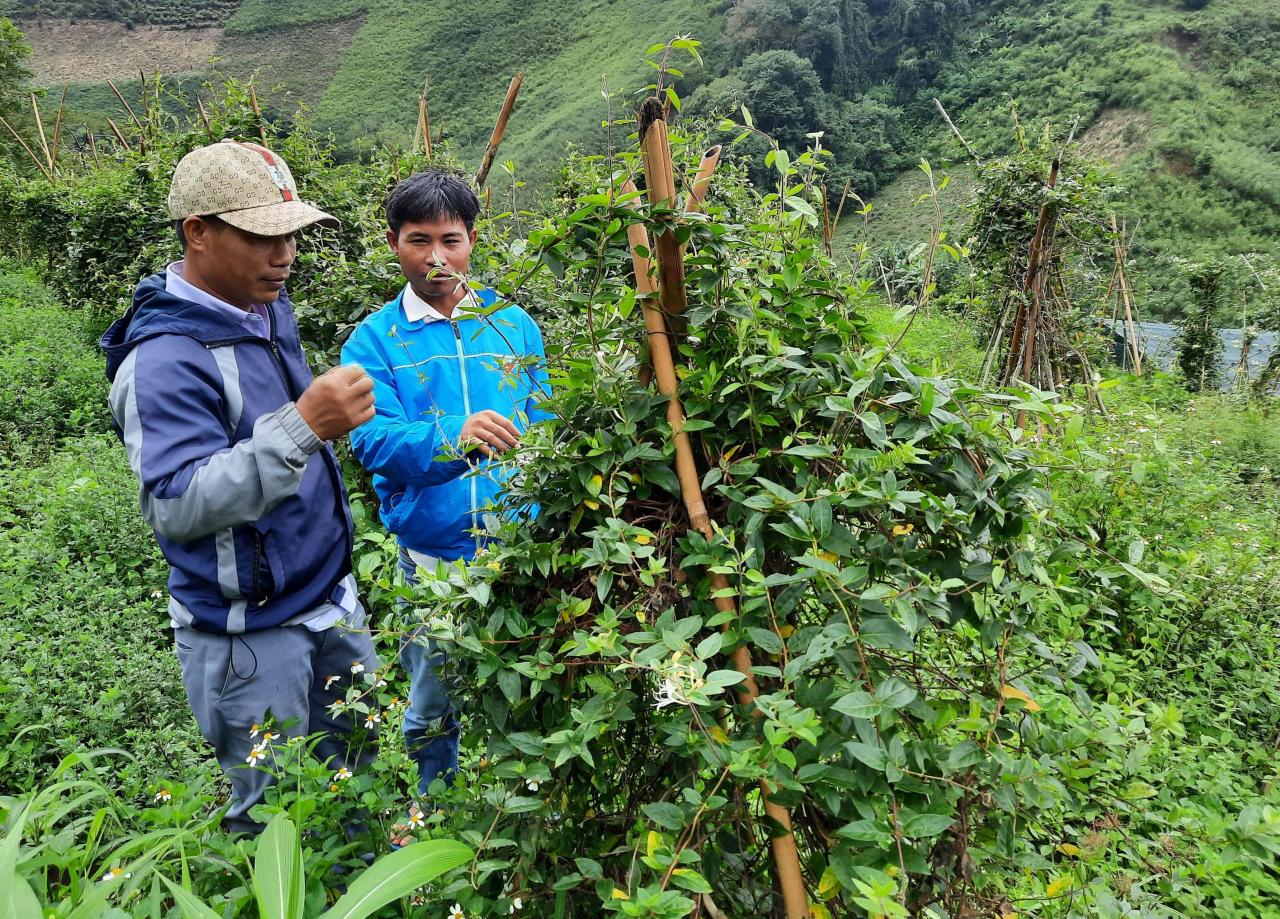
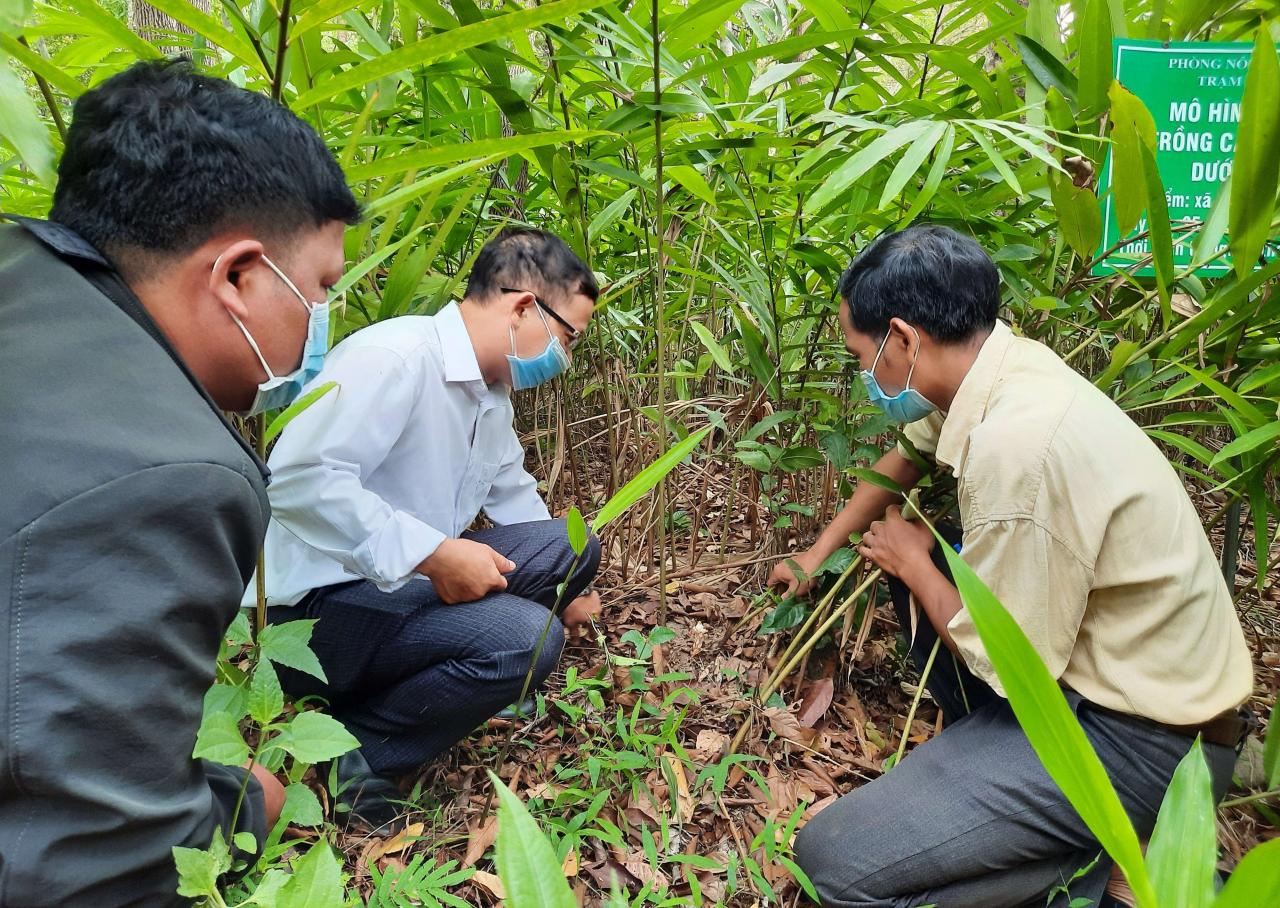

![[Photo] Prime Minister Pham Minh Chinh receives the President of Asia-Pacific region of PowerChina Group](https://vphoto.vietnam.vn/thumb/1200x675/vietnam/resource/IMAGE/2025/5/21/0f4f3c2f997b4fdaa44b60aaac103d91)
![[Photo] Prime Minister Pham Minh Chinh receives Rabbi Yoav Ben Tzur, Israeli Minister of Labor](https://vphoto.vietnam.vn/thumb/1200x675/vietnam/resource/IMAGE/2025/5/21/511bf6664512413ca5a275cbf3fb2f65)
![[Photo] Scientific workshop "Building a socialist model associated with socialist people in Hai Phong city in the period of 2025-2030 and the following years"](https://vphoto.vietnam.vn/thumb/1200x675/vietnam/resource/IMAGE/2025/5/21/5098e06c813243b1bf5670f9dc20ad0a)

![[Photo] Determining the pairs in the team semi-finals of the National Table Tennis Championship of Nhan Dan Newspaper](https://vphoto.vietnam.vn/thumb/1200x675/vietnam/resource/IMAGE/2025/5/21/eacbf7ae6a59497e9ae5da8e63d227bf)

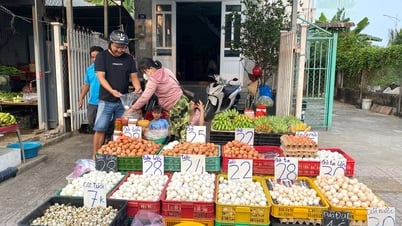
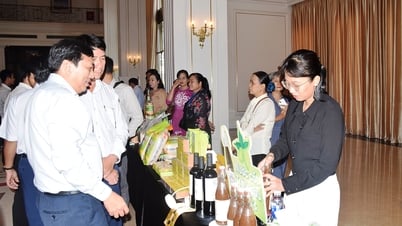


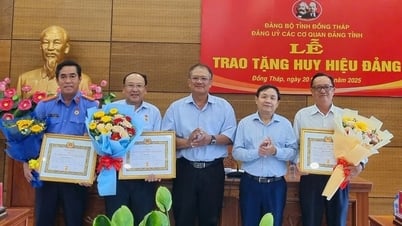






































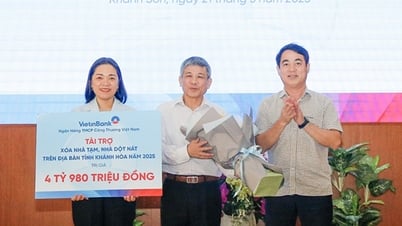
























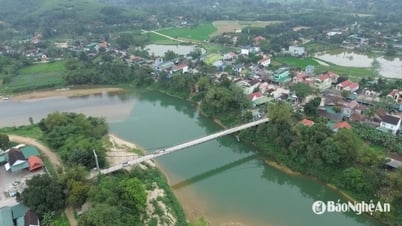











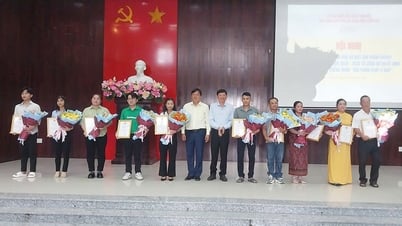

Comment (0)